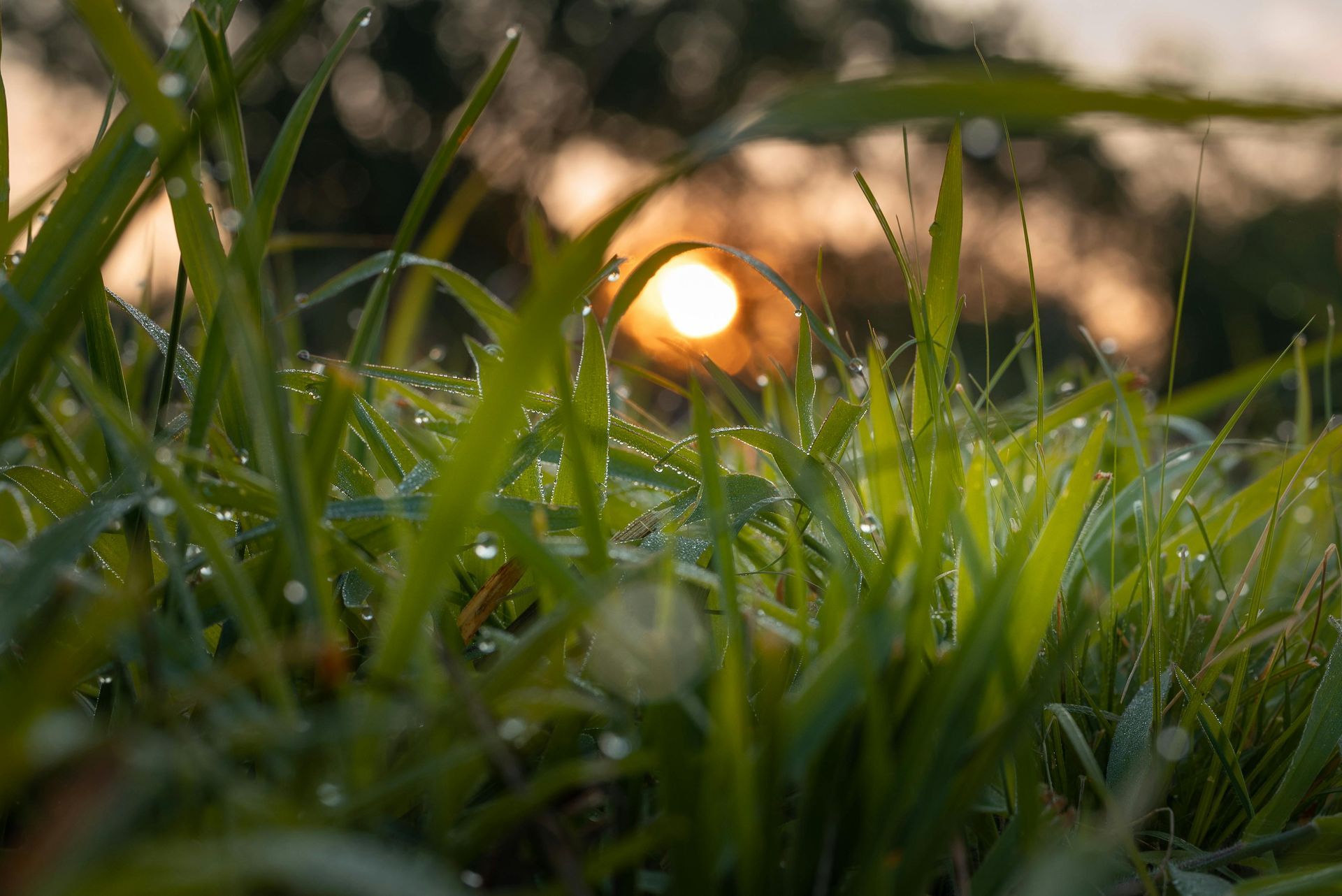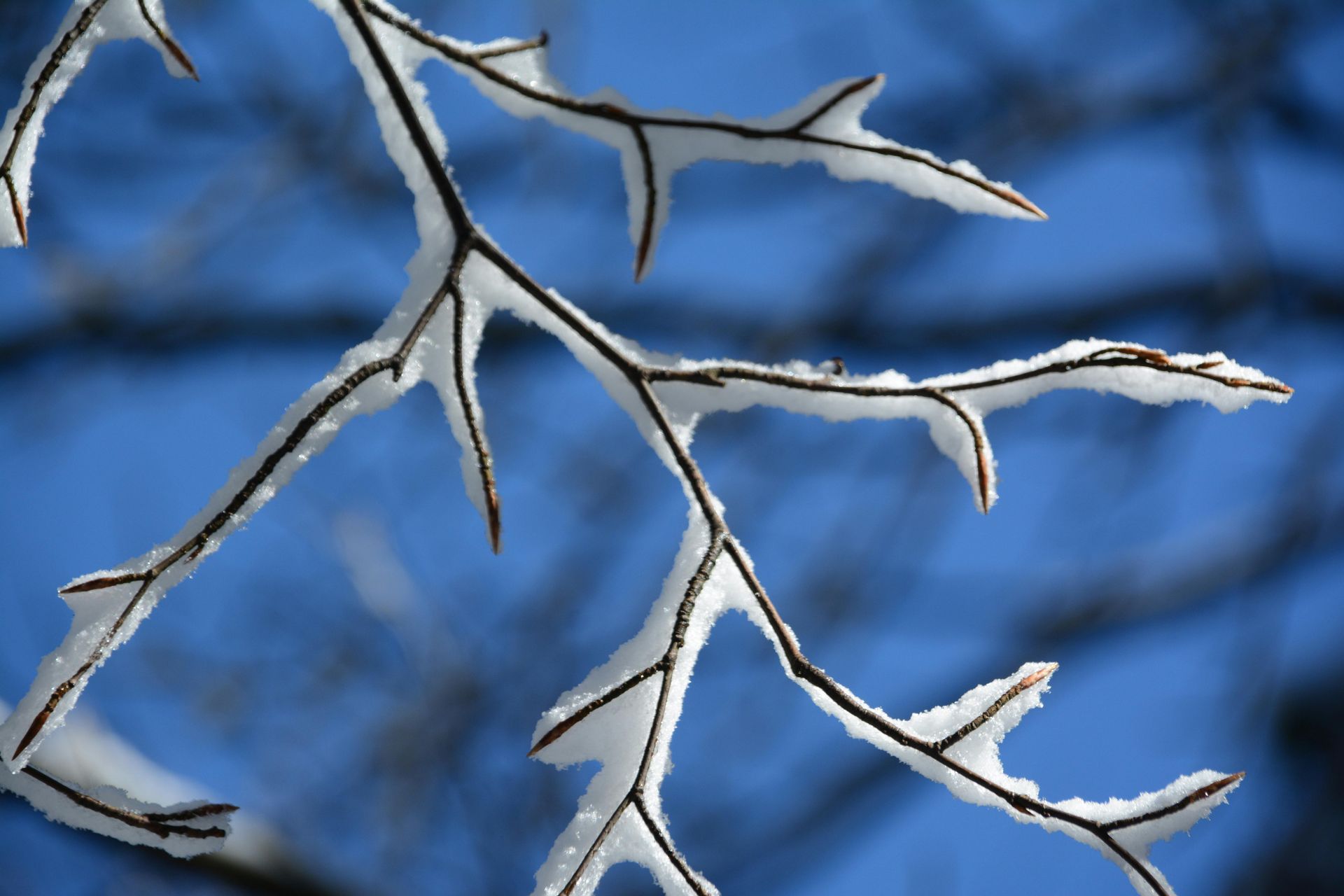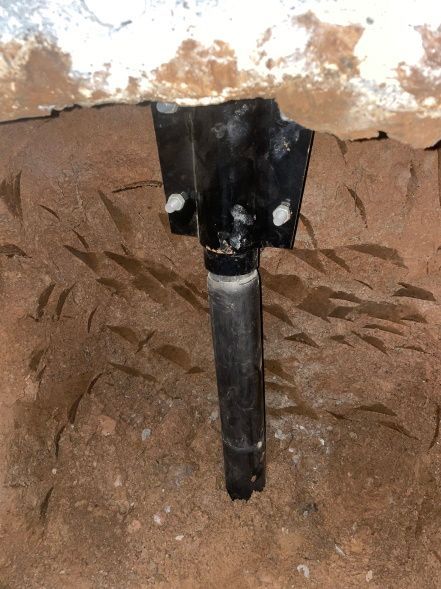7 Causes of Foundation Problems and What You Can Do to Prevent Them
Our Expert Foundation Specialist Help You Prevent Future Foundation Problems
Many homeowners experience foundation damage, but what causes foundations to settle? At PierMagic® we put together our list of seven causes of foundation problems. The bad news is that the longer the problems exist, the greater the damage. Some of these issues are preventable. In a nutshell, the biggest predictor of foundation problems is too much water or a lack of water. Take a look at the list and see how you can prevent your home from requiring foundation repair.
1. Hot Weather Causes Evaporation
Hot dry wind and intense heat can often cause the soil to shrink beneath the foundation. The lack of support around the foundation can cause shifting and settling. When this happens, settling may cause cracks to appear throughout the structure. Watering your lawn regularly can keep the moisture level more consistent and lessen the chance of shrinking soil.
2. Tree Transpiration Sucks Water from the Ground
Transpiration is the evaporation of water from various parts of plants, including the leaves. When this happens, tree roots may suck all the water from beneath a home causing the soil to shrink and the home to settle. If it sounds like that’s not a likely cause for foundation damage, know that a leaf will transpire many times more water than its own weight. A large oak tree can transpire 40,000 gallons per year! Keep large trees near the foundation watered.
3. Plumbing Leaks Can Cause Foundation Walls to Move
Water from plumbing leaks is often a cause of foundation problems. Sometimes you may have a leak that you don’t know about that causes the foundation to move. Many times the leak is in the sanitary sewer (the drain that takes the incoming water away from your home and back to the city’s service). A homeowner may not even know he has a leak until he notices foundation cracks. Until the leak is fixed, the foundation will continue to shift. Get a plumbing inspection to make sure your foundation is not at risk.
4. Improper Drainage Is the Leading Cause of Foundation Failure
Improper drainage is one of the leading causes of foundation failure. Constant moisture in concentrated spots can cause the soil to settle and compact in that area creating uneven support. Excess moisture can cause erosion which will remove soil that supports the foundation walls.
Either situation can lead to foundation cracks and because it is a water problem to begin with, basement leaking is almost inevitable. Make sure your soil slopes away from the foundation so water can drain. Also, check your gutters to make sure there are no clogs or leaks causing overflow near the foundation.
5. Inferior Foundation Construction Contributes to a Weak Foundation
Insufficient steel and inferior concrete will contribute to movement in the slab. If quality building materials are not used during construction, the entire foundation will be weaker and more susceptible to settling and sinking problems. There’s not much you can do about this one, but if excess water or too little water cause problems with sturdy foundations, they will certainly cause problems with inferior foundations. Follow the rules above to keep moisture levels as even as possible around your foundation.
6. Inferior Ground Preparation Can Cause Foundation Failure
Soft, low density soils and/or improperly compacted soil beneath a home is a leading cause of foundation failure. Cut and fill methods is a leading cause of foundation settlement. There is not a whole lot you can do to prevent this as it is up to the home builder to let the soil settle before construction. That’s why our DynaPier® system goes all the way to bedrock to make sure your home is on a solid foundation that won’t move. Again, follow the rules above to keep moisture levels as even as possible around your foundation.
7. Poor Soil Expands or Contracts to Contribute to Foundation Failure
Poor soil and its expansion and/or contraction contribute to foundation failure. Clay soil, which is very prevalent in the Midwest region, is one of the worst types of soil for foundation damage. Because clay soil is so dense, it retains water when it is wet and swells.
Conversely, when it is very dry, clay soil shrinks just as dramatically as it swells when wet. This drastic change in soil composition can create pressure against the foundation wall when it swells or lack of support when it shrinks. Additionally, the yoyo effect of shrinking and swelling season after season can take its toll too. Moisture regulation is key, once again if you have expansive clay soil.
Take Actions to Help Prevent Foundation Problems Today!
Try to keep your home’s landscape as even as you can when it comes to moisture. Remember to water during droughts and make sure your landscaping allows water to drain away during rainy periods. Inspect your foundation regularly, and fix any low spots, plumbing problems, or gutter issues immediately upon discovery.




